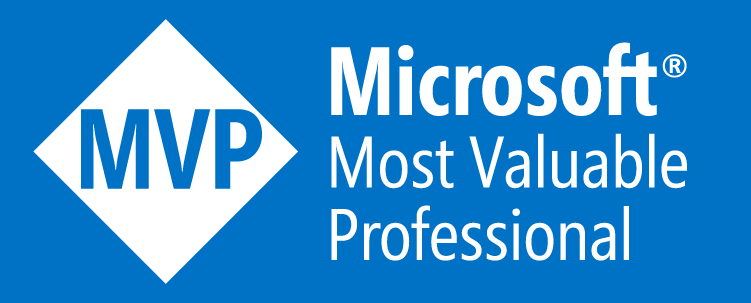Enable media logs remotely with PowerShell cmdlets
Teams Media Logging policy can be applied to users and groups and allows IT admin to enable user’s client settings “Enable logging for meeting diagnostic”. Applied via PowerShell cmdlets, the policy overrides client settings and sets Settings > General> Enable logging for meeting diagnostic to “On”. When applied, the setting is displayed as greyed out and can’t be updated via the client.

When this will happen:
We will begin rolling out in late July and expect to complete by late August.
How this will affect your organization:
Unless the user’s client runs on a high-end machine (Media logs), the media logging setting is turned off by default. For cases when user’s client media logs are required, the existing experience requires the user to manually update their settings via Settings > General> Enable logging for meeting diagnostic. This policy allows IT admin to remotely update this setting for their users via PowerShell cmdlets.
When Teams Media Logging policy sets user’s setting “Enable logging for meeting diagnostic” to turned on, the media logs generated are stored locally on user’s machine (Media logs – To Collect Logs section). When policy is removed, the setting rolls back to the state it was in before it was manipulated.
Possible use cases:
PowerShell documentation:
Media logs contain diagnostic data about audio, video, and screen sharing in Teams meetings. They are required for support cases that are linked to call-related issues. To improve the experience for end users, IT admins may choose to remotely enable the media logs and ensure to include them when submitting the support case. Alternatively, IT admins can choose to set a policy to be turned on regardless of whether the additional information for support case is required at the moment.
Message ID: MC402120


 HANDS ON tek
HANDS ON tek
 M365 Admin
M365 Admin








No comments yet